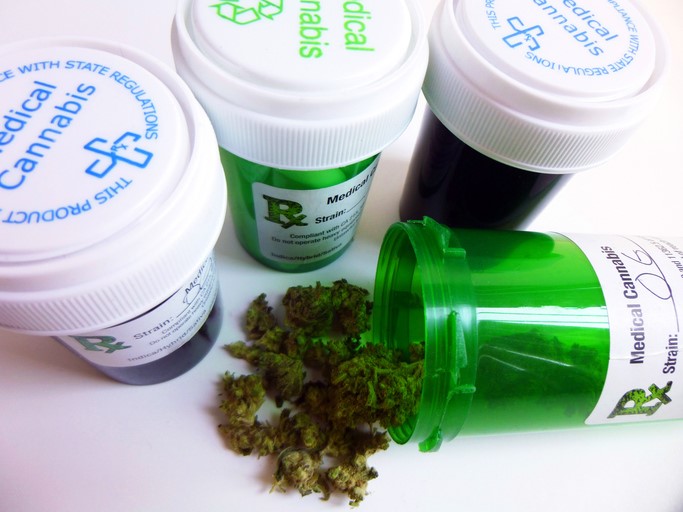Medical marijuana is increasing in its importance in Canada, as it becomes a more and more common treatment option for people with a number of ailments and injuries. Though it’s often seen as a natural alternative to some of the synthetic compounds that are also commonly used in medicine, that doesn’t mean that there aren’t controls in place dictating how marijuana and marijuana-derived products should be packaged and sold.
Labelling is a particularly important part of the process of creating and selling marijuana products, with producers expected to be very specific about how they present information about them.
Want to learn a little more about labelling requirements for marijuana? Here are some important facts.
Students in Medical Marijuana Training Will Notice Accuracy of Quantity Is Very Important
One of the most important things that needs to be clear and accurate on the labels for medical marijuana products is the quantity of product that is included in a particular package. Fresh and dried marijuana packages, for example, must include within plus or minus 5 percent of the weight listed on the label. Similar rules exist for the volume of oil products, number of seeds, and more.
As with other medicines, maintaining this sort of standard for quantity will ensure that buyers can have some expectation of how long their medicinal marijuana will last under normal consumption. It’s something that students in medical marijuana training keep in mind as being particularly important for the labelling process.
Product Potency Is Also Essential to Proper Marijuana Product Labelling
One of the big concerns with medical marijuana products is the concentration of tetrahydrocannabinol (THC) that is found within. THC is the main psychoactive compound in cannabis, and contributes to many of the desired effects of medical marijuana such as pain or nausea relief, appetite stimulation, and more. High concentrations of THC can also lead to euphoria, lethargy, anxiety, and other effects that users may not want from their medicine. However, cannabidiol (CBD), another compound found in cannabis, can also provide some of the beneficial effects, and even acts as a counter to some of the less desirable effects of THC.

The THC molecule is responsible for many of marijuana’s properties
Different people have different levels of sensitivity to THC and CBD, and may prefer to consume products higher in one or the other. For this reason, it’s especially important that the potency of both compounds is listed on labels for medical marijuana products. Complete a quality assurance for medical marijuana course to learn how to contribute to the testing process that can help uncover this information, and how to properly communicate that information to buyers.
Students in Medical Marijuana Training Ought to Know Other Ingredients Should Be Listed
For cannabis oil products, ingredients other than marijuana may be required to create the product. Typically, these are called “carrier oils,” and can help with improving the stability and bioavailability of the active medicinal compounds.
Under current requirements, labelling must include information about any of these kinds of products, including the type of carrier oil used, and whether any common allergens are contained within the product. This information can help consumers make informed decisions that might relate to personal preferences about the products they consume, or that could have direct consequences to their health. Throughout your future career in medical marijuana quality assurance, this information will continue to be an incredibly important part of what appears on labelling.
Do you want to contribute to the use of marijuana for medical purposes?
Contact AAPS to learn how to get started!




